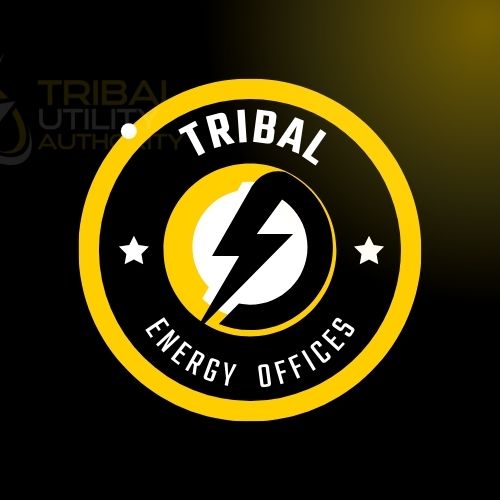Tribal Utility Authority Part XXX: Meeting EPA Requirements With A Tribal Utility Authority
Tribal Utility Authority | Powered By Red Power Energy
TUA Experts
+1 855-573-3769
Good >Better>Best Options
Meeting EPA Requirements
Environmental Protection Agency (EPA) requirements shape every aspect of tribal utility operations, from daily testing to long-term planning. Understanding and effectively managing these requirements ensures both compliance and environmental protection while supporting tribal sovereignty. Think of EPA compliance as combining traditional environmental stewardship with modern regulatory frameworks to protect both community health and natural resources for future generations.
Treatment as State (TAS) status provides the foundation for tribal environmental programs, representing a crucial relationship between tribal governments and federal regulatory authority. This designation enables tribes to implement environmental programs under EPA oversight while maintaining sovereign authority over environmental protection within tribal lands. The application process requires careful preparation and documentation, including the demonstration of tribal capability to manage environmental programs effectively. Legal analysis, technical capability demonstration, and various supporting materials need careful development. Many successful utilities find that maintaining strong TAS programs helps protect both environmental quality and tribal authority. Experience shows that effective TAS implementation often leads to improved environmental protection while strengthening tribal governance capabilities.
Water quality standards form crucial EPA requirements that directly affect community health and environmental protection. Drinking water regulations establish specific limits for various contaminants, requiring regular monitoring and reporting to demonstrate compliance. Surface water quality standards protect both aquatic life and human uses, often requiring careful balance between various water uses. Groundwater protection programs help maintain water source quality while preventing contamination. Treatment technique requirements specify how various water quality parameters must be managed, often necessitating specific operational approaches and monitoring protocols. Disinfection requirements demand careful attention to both treatment effectiveness and byproduct formation. Monitoring protocols need clear specification and consistent implementation to maintain compliance demonstration. Many utilities find that comprehensive water quality management programs help prevent violations while protecting public health. Source water protection programs often combine traditional knowledge with modern monitoring techniques to maintain water quality. Treatment process optimization helps ensure consistent compliance while controlling operational costs.
Air quality requirements affect various utility operations, particularly those involving power generation or waste treatment. Emission limits for various pollutants require careful monitoring and control measures to maintain compliance. Stack testing protocols need careful development and implementation to demonstrate compliance effectively. Ambient air quality monitoring helps track environmental impacts while supporting compliance demonstration. Control equipment maintenance proves essential for consistent compliance, requiring systematic inspection and repair programs. Many successful utilities find that proactive air quality management helps prevent compliance issues while protecting community health. Emission inventory development provides crucial baseline data for compliance planning and demonstration. Control technology evaluation helps identify effective compliance approaches while managing costs. Regular equipment calibration ensures accurate compliance monitoring and demonstration.
Monitoring programs support EPA compliance demonstration through systematic data collection and analysis. Sampling procedures require careful development and documentation to ensure consistent implementation across various operational areas. Quality assurance programs help maintain data reliability while supporting compliance demonstration. Equipment calibration protocols ensure accurate measurement and monitoring results. Data management systems help organize and analyze monitoring results effectively. Many utilities find that comprehensive monitoring programs help maintain compliance while identifying potential problems early. Chain of custody procedures ensure sample integrity and the legal defensibility of monitoring results. Statistical analysis helps identify trends and potential compliance issues before violations occur. Regular program reviews help maintain monitoring effectiveness while adapting to changing requirements.
Documentation systems prove essential for EPA compliance, requiring careful attention to both record keeping and accessibility. Filing systems need clear organization and consistent maintenance to support both routine operations and compliance demonstration. Electronic record keeping increasingly supplements paper records, requiring careful attention to data security and backup procedures. Record retention policies need clear specification and consistent implementation to maintain required documentation. Many successful utilities find that effective documentation systems help demonstrate compliance during inspections while supporting operational decision-making. Quality control procedures help maintain documentation accuracy and completeness. Regular system audits help identify and correct documentation gaps before they cause compliance problems. Training programs ensure staff understand and consistently implement documentation requirements.
Reporting requirements demand regular attention to both routine submissions and special reports. Monthly operational reports need systematic preparation and review to ensure accuracy and completeness. Annual compliance summaries require careful compilation and verification of various operational data. Special reports for unusual events or compliance issues need proper preparation and timely submission. Many utilities find that systematic reporting procedures help maintain good regulatory relationships while demonstrating operational capability. Report review procedures help ensure accuracy and completeness before submission. Electronic reporting systems increasingly supplement paper submissions, requiring careful attention to data quality and submission procedures. Regular report evaluation helps identify trends and potential compliance issues.
KEEP READING BELOW
WIDE RANGE OF TRIBAL UTILITY SERVICES
Do you need Tribal Solar Help ? Look no further!
Leading experts in Tribal Utility Authority formation, IPP development, and PPA negotiation. Transform your tribe's energy infrastructure with comprehensive solutions backed by decades of experience in Indian Country.
- Tribal Utility Authority Formation
- Independent Power Producer Development
- Power Purchase Agreement Negotiation
- Virtual Tribal Energy Office Implementation
- Energy Program Management
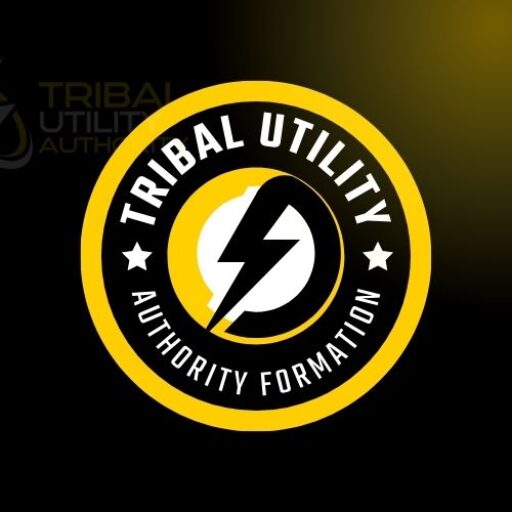

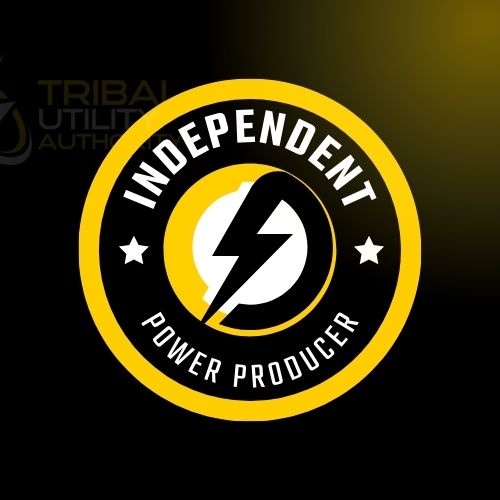
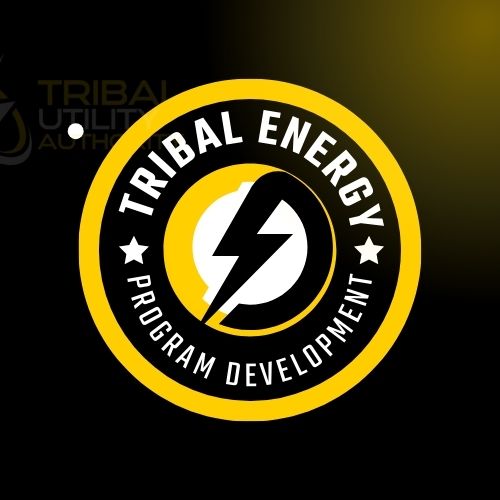
Violation response procedures need advance preparation to ensure quick and effective handling of any compliance issues. Clear processes for identifying potential violations help prevent serious compliance problems from developing. Notification protocols ensure proper communication with regulatory agencies and affected parties. Corrective action procedures guide response efforts effectively while maintaining operational stability. Documentation requirements for violation response need careful attention to support both immediate response and future reference. Many successful utilities find that comprehensive violation management programs help maintain regulatory standing while minimizing compliance impacts. Root cause analysis helps prevent recurrence of compliance problems. Regular procedure reviews help maintain response capability while incorporating lessons learned from actual events.
Training requirements support EPA compliance capabilities through systematic staff development and certification. Operator certification programs need careful management to ensure staff maintain necessary credentials. Safety training helps prevent accidents while maintaining regulatory compliance. Technical training ensures staff understand and properly implement various compliance requirements. Many utilities find that comprehensive training programs help prevent compliance problems while building staff capabilities. Regular training updates help maintain compliance knowledge and skills. Documentation systems effectively track training completion and certification status. Program evaluations help identify and address training needs before they affect compliance.
Emergency procedures address various EPA requirements while ensuring effective responses to environmental incidents. Spill response protocols need clear specification and regular practice to maintain response capability. Notification procedures ensure proper communication during emergencies while maintaining compliance with reporting requirements. Equipment and supplies for emergency response need regular inventory and maintenance. Many successful utilities find that effective emergency procedures help prevent serious violations while protecting environmental quality. Regular drills help maintain response capabilities and identify procedure improvements. Coordination with other emergency responders helps ensure effective incident management. Documentation systems support both immediate response and subsequent reporting requirements.
Laboratory management supports compliance demonstration through reliable analytical data and quality control. Testing protocols need clear specification and consistent implementation to maintain data quality. Quality control procedures help ensure reliable analytical results while meeting regulatory requirements. Equipment maintenance and calibration programs support consistent laboratory performance. Many utilities find that effective laboratory management helps ensure reliable compliance data while controlling analytical costs. Staff training programs maintain necessary technical capabilities. Documentation systems support both immediate operations and compliance demonstration. Regular program evaluations help identify and address laboratory needs.
Permit management ensures continued operational authority through systematic tracking and renewal processes. Various EPA permits require careful monitoring to maintain compliance with specific requirements. Renewal preparation often starts well before existing permit expiration to ensure continuous authorization. Modification procedures handle operational changes while maintaining proper authorization. Many successful utilities find that systematic permit management helps prevent operational disruptions while maintaining regulatory compliance. Regular permit reviews help identify potential compliance issues early. Documentation systems support both routine compliance and renewal applications. Coordination with regulatory agencies helps maintain effective permit management.
Enforcement procedures require careful attention to both prevent and respond to regulatory actions. Clear protocols for handling information requests help maintain positive agency relationships. Response procedures for various enforcement actions need advance preparation to ensure effective handling. Documentation systems support both immediate responses and future reference needs. Many utilities find that proper enforcement management helps minimize regulatory impacts while maintaining operational stability. Regular procedure reviews help maintain response capability while incorporating lessons learned. Coordination with legal counsel helps ensure appropriate enforcement responses. Training programs help staff understand and properly implement enforcement procedures.
Future planning considers evolving EPA requirements while maintaining operational stability. Regulatory tracking systems help identify developing requirements that might affect utility operations. Impact analysis helps evaluate potential operational changes needed for future compliance. Implementation planning ensures smooth transitions to new requirements while maintaining current compliance. Many successful utilities find that comprehensive planning helps maintain compliance capability while managing adaptation costs. Regular plan reviews help maintain program effectiveness while incorporating new developments. Staff training ensures the capability to implement new requirements effectively. Documentation systems support both planning processes and implementation tracking.
Integration requirements connect EPA compliance with various utility operations effectively. Clear procedures help maintain compliance while supporting efficient operations. Regular reviews help identify integration improvements needed. Many utilities find that effective integration helps optimize both compliance and operations. Experience shows that systematic integration helps prevent compliance problems while maintaining operational efficiency.
Experienced Tribal Solar Experts
WE USE THE LATEST TOOLS & TECHNOLOGY
We provide reliable and quality electrical services to customers in the area. We specialize in all aspects of residential and commercial electrical work, from new installations and upgrades to repairs and maintenance.
We are a full-service electrical contractor dedicated to providing quality electrical services to both residential and commercial customers. Our team of experienced electricians are highly trained and certified.
TRIBAL UTILITY AUTHORITY CONSULTING
Expert guidance in establishing and managing tribal utility authorities, helping Native American communities achieve energy sovereignty through strategic planning and implementation.
TRIBAL UTILITY PROGRAMS
Comprehensive support for developing and implementing sustainable tribal utility programs that enhance community self-reliance and economic development.
TRIBAL UTILITY AUTHORITY FORMATION
Complete assistance in establishing legally sound tribal utility authorities, including regulatory compliance, governance structure development, and operational framework creation.
TRIBAL UTILITY AUTHORITY OPERATIONS
Professional support for day-to-day utility management, including system maintenance, customer service, billing operations, and performance optimization.
TRIBAL UTILITY AUTHORITY TECHNOLOGY
State-of-the-art technological solutions for modern tribal utility operations, featuring advanced metering, smart grid capabilities, and integrated management systems.
TRIBAL UTILITY AUTHORITY WORKFORCE
Specialized workforce development programs focused on building local capacity through technical training, professional development, and ongoing operational support.
Are you in need of an Tribal Utility Authority Expert ?
Look no further! Our team is here to help.
REACH OUT AND CONNECT
Get a Complete Quote
Your bridge to meaningful communication and personalized assistance, we're here to listen and assist you
Latest Tribal Utility Authority Updates
NAVIGATING IDEAS AND INSPIRATION

Tribal Utility Authority Overview
A tribal utility authority is a specialized administrative entity established by a Native American tribe to manage and operate essential utility services within their tribal

Tribal Utility Authority Formation: Harnessing Tribal Energy Sovereignty
Tribal Utility Authority Formation: Harnessing Tribal Energy Sovereignty Welcome to TribalUtilityAuthority.com, the definitive resource on establishing and operating Tribal Utility Authorities (TUAs) to achieve energy
